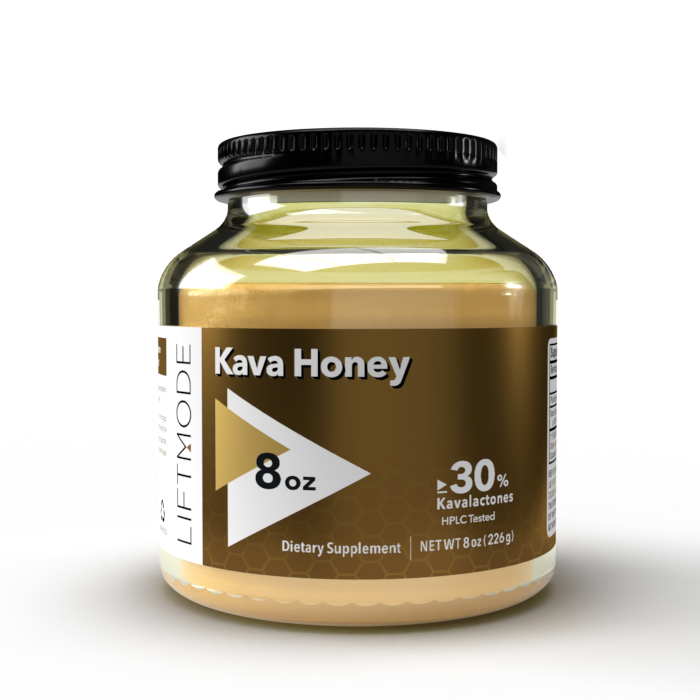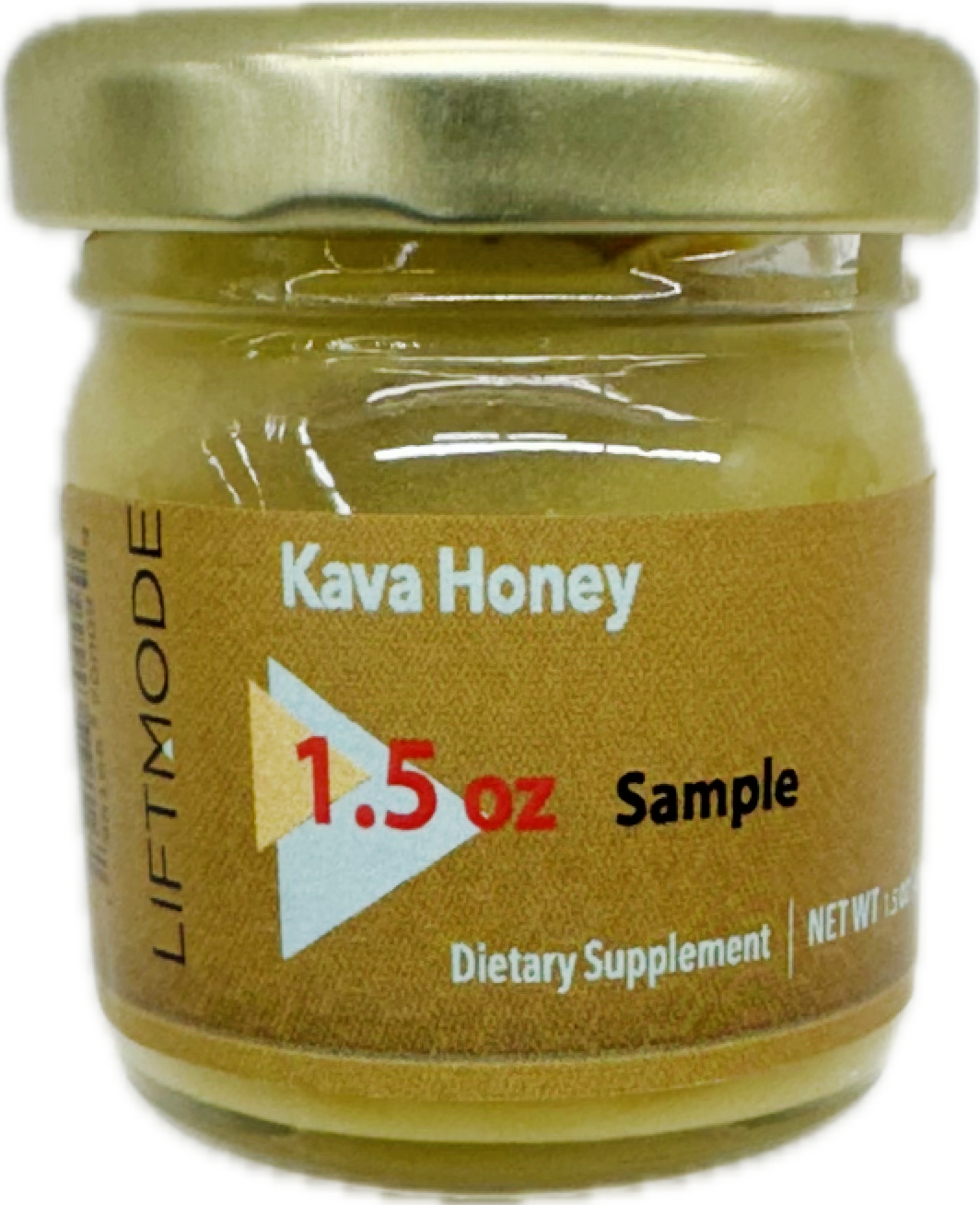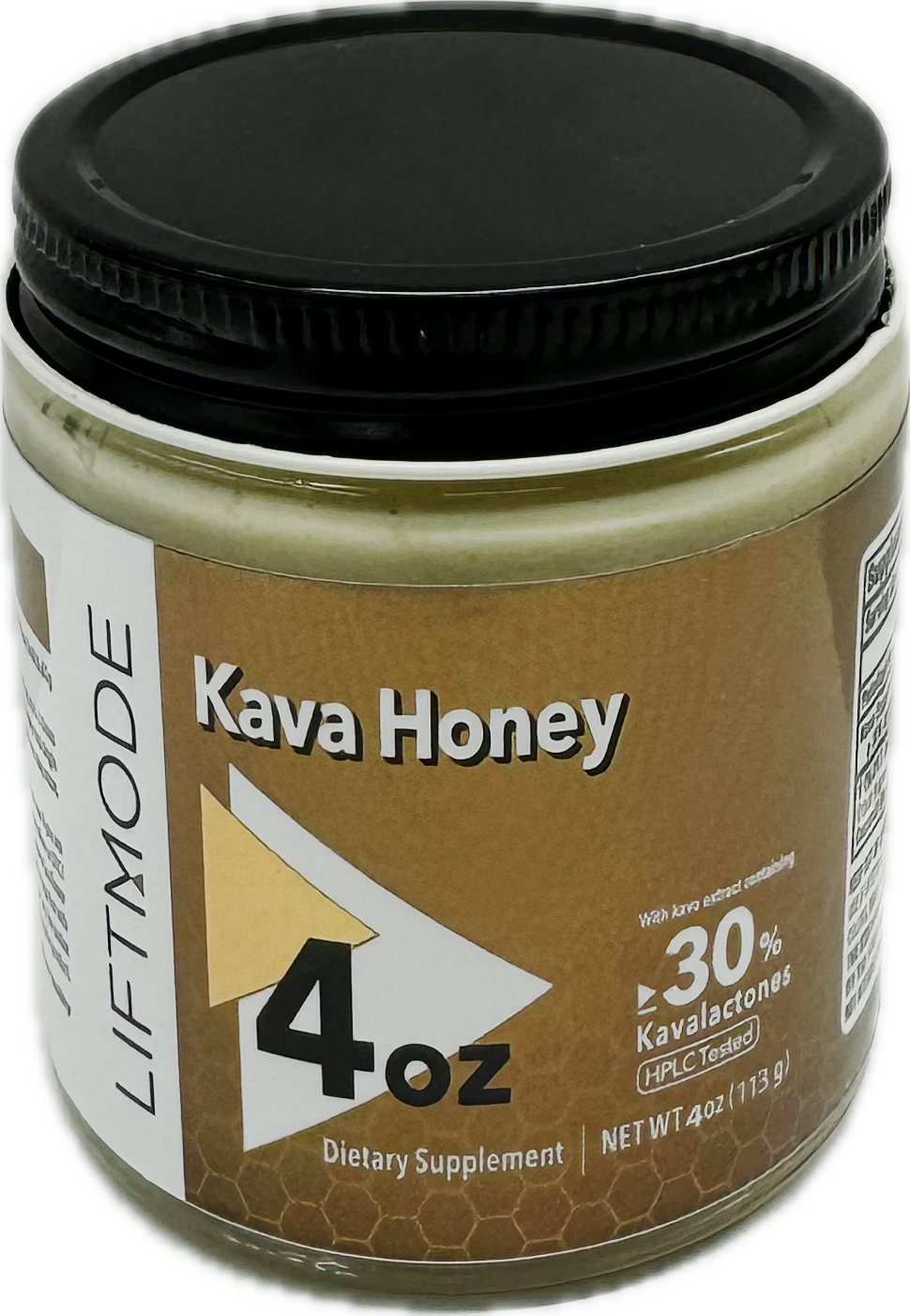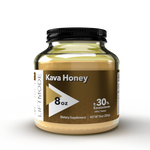-
HPLC Lab tested
-
Science backed
-
Gluten Free
-
Non-GMO
Scientifically Tailored Ingredients
Noble Vanuatu Kava Root Extract (30% Kavalactones / <0.01% Flavokawains)
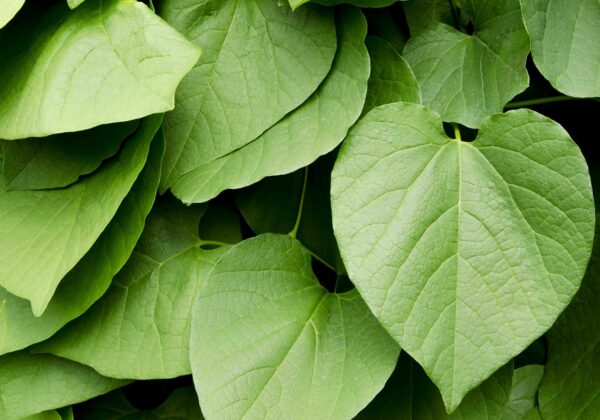
Noble Vanuatu Kava Root Extract (30% Kavalactones / <0.01% Flavokawains)
Our CO2 supercritical extracted Kavalactone concentrate, derived from Vanuatu-grown kava is standardized to ≥30+% Kavalactones, and has been verified to be produced solely from high-quality food grade roots, and has been independently tested for noble profile based on kavalactone chemotype. Special cultivars of the Kava plant have been propagated for ceremonial and social purposes across Polynesia over centuries dating back to prehistory, when the plant was first spread widely by the seafaring Lapita people to numerous far-flung islands of the Pacific Ocean. The root of the Kava plant continues to be used traditionally in Pacific Ocean cultures of Polynesia, including Hawaii, Vanuatu, Melanesia, and some parts of Micronesia - where the root of the plant is macerated to yield a milky water-based emulsion of its active ingredients (the kavalactones) and consumed as a ceremonial drink, imbuing its users with a combination of prosocial, sedative, analgesic, and energizing / euphoric inebriating properties. In modern times, Kava is now also consumed internationally beyond its original Pacific Ocean cultural use, both in its traditional beverage form, and as a dietary supplement for its mood-uplifting yet relaxing and stress-easing properties. There are six major kavalactones occurring in the roots of the Kava plant, along with many minor kavalactones. The primary kavalactones comprise Kavain, Methysticin, and their dihydro counterparts (DHK and DHM), and Yangonin and its desmethoxy counterpart (DMY). A noble variety Kava plant typically takes 3-5 years to reach maturity, at which point the whole Kava plant is often harvested and the desirable root segments are selected for sun drying. Aerial parts or improperly dried roots have lower concentrations of kavalactones and may also contain hepatotoxic compounds - thus careful harvesting and drying of the plant and selection of only the desirable root parts is required to produce a safe, high-quality Kava extract. Do not drive or operate heavy machinery if intoxicated on Kava. * Mood Booster * Stress Reduction * Pro-social Tonic * Cognitive Support
Palmitoylethanolamide
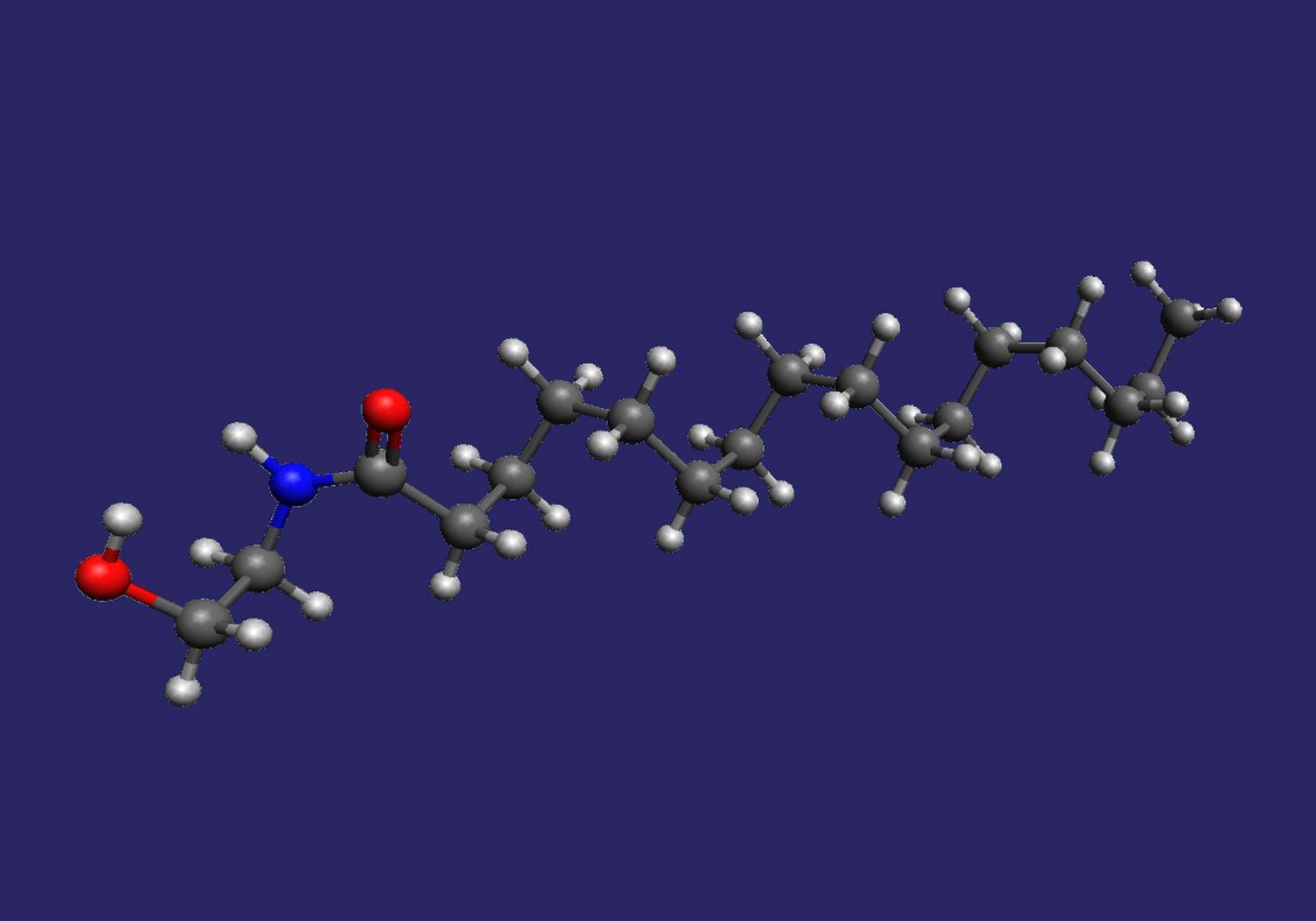
Palmitoylethanolamide
Found naturally in foods such as egg yolks, PEA is an endogenous fatty-acid amide with demonstrated benefits in easing everyday aches and pains. It works by binding to peroxisome proliferator-activated receptors in the cell nucleus, where it exerts numerous physiological effects: - Helps Reduce Everyday Aches and Pains - Well Tolerated, Endocannabinoid-like Molecule - May help to ease joint discomfort - Neuroprotective
Honey
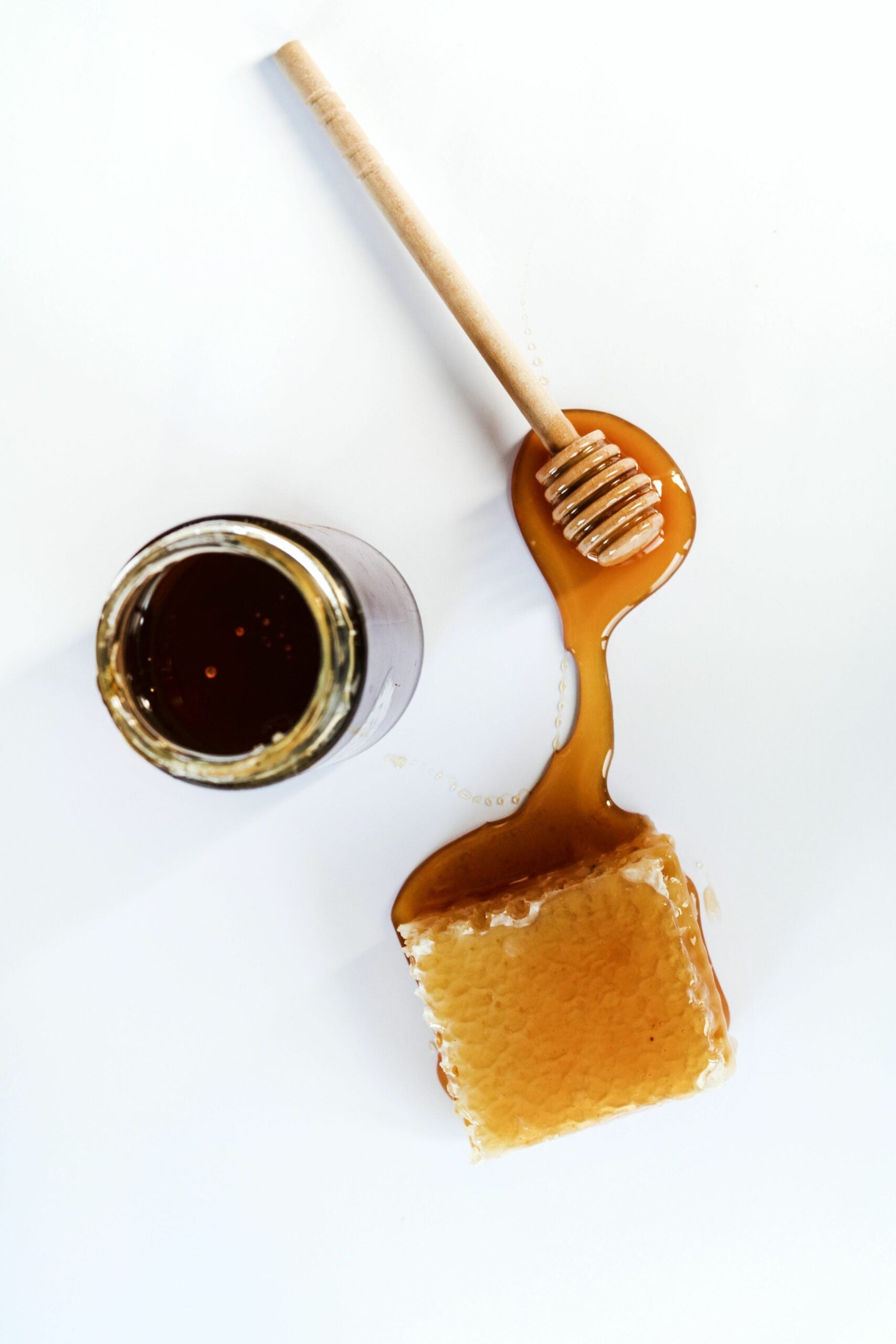
Honey
Honey is a complex and delicious natural substance primarily composed of sugars (glucose and fructose) along with trace amounts of enzymes, amino acids, vitamins, minerals, and phytochemicals. Potential health benefits may be imparted by the presence of antioxidants such as polyphenols and flavonoids, which scavenge free radicals, reducing oxidative stress and cellular damage. Honey may also be helpful to healing, attributed to its low pH, hydrogen peroxide content, and the presence of other compounds like methylglyoxal, may inhibit the growth of certain bacteria and fungi. Honey has long been valued for perceived benefits in relieving cough and soothing sore throats.
Coconut derived MCT oil
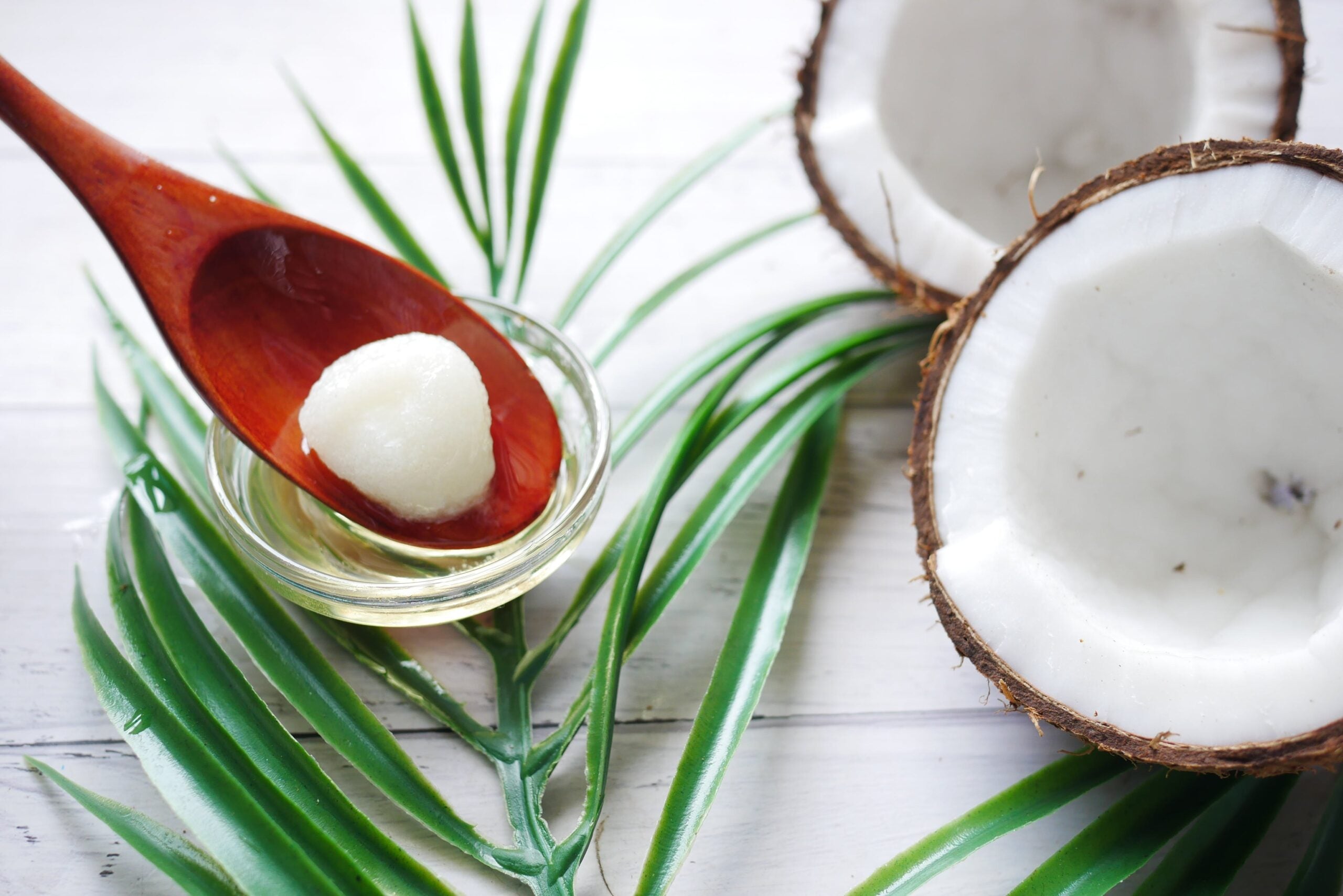
Coconut derived MCT oil
LiftMode's Medium-chain triglyceride (MCT) oil is derived from coconut oil and primarily consists of medium-chain fatty acids like caprylic acid (C8) and capric acid (C10). MCT oil is metabolized differently in the body compared to long-chain fatty acids due to its shorter chain length, allowing for rapid absorption and conversion into ketones by the liver, which serve as a quick and efficient energy source. Some potential health benefits associated with MCT oil include improved cognitive function, increased energy expenditure, and potential weight management support. The mechanism behind these benefits involves the role of ketones in providing an alternative fuel source for the brain, which may enhance cognitive function. Additionally, MCT oil's ability to increase energy expenditure and satiety might aid in weight management by potentially reducing food intake.
Sunflower Lecithin

Sunflower Lecithin
Sunflower lecithin is a phospholipid mixture extracted from sunflower seeds and consists mainly of phosphatidylcholine, phosphatidylinositol, phosphatidylethanolamine, and phosphatidic acid. It's utilized for its emulsifying properties - enabling dispersion of two or more immiscible substances, such as oil and water, into a stable and homogenous mixture. Health benefits associated with sunflower lecithin are primarily attributed to phospholipids' role in cellular structure, cell signaling, and lipid metabolism. Phosphatidylcholine, a major component of sunflower lecithin, is a precursor to acetylcholine, a neurotransmitter essential for brain function, potentially supporting cognitive health. Lecithin's emulsifying properties facilitate the absorption of fat-soluble nutrients. Additionally, its ability to improve lipid metabolism by aiding in the breakdown and transportation of fats may contribute to cardiovascular health. Scientific studies suggest sunflower lecithin's potential in reducing cholesterol levels, supporting liver function, and possibly improving cognitive performance. However, more comprehensive research is required to fully elucidate its mechanisms and efficacy in various health aspects.
Collapsible content
References
References
